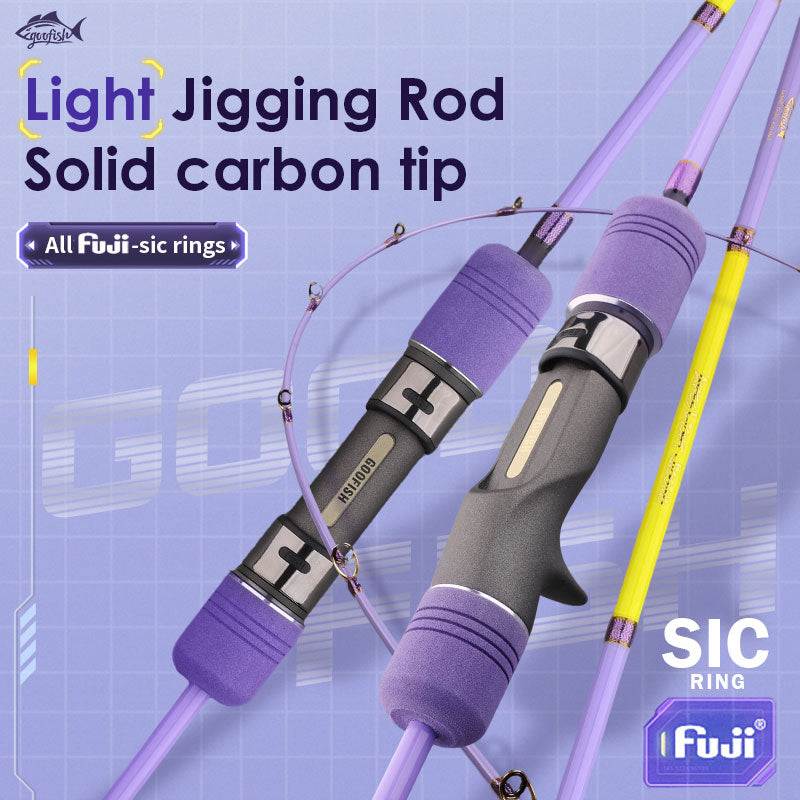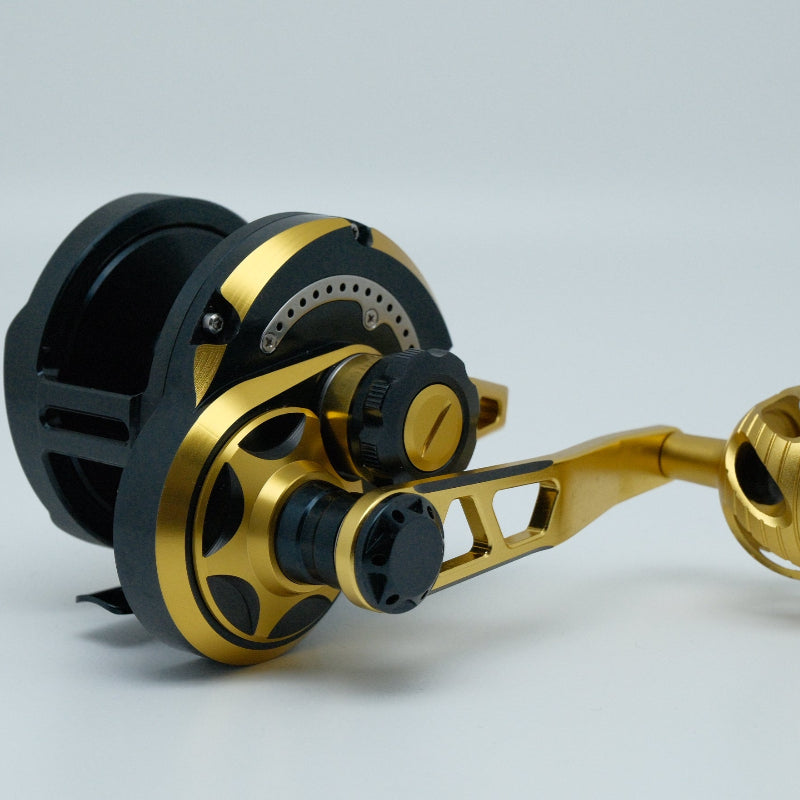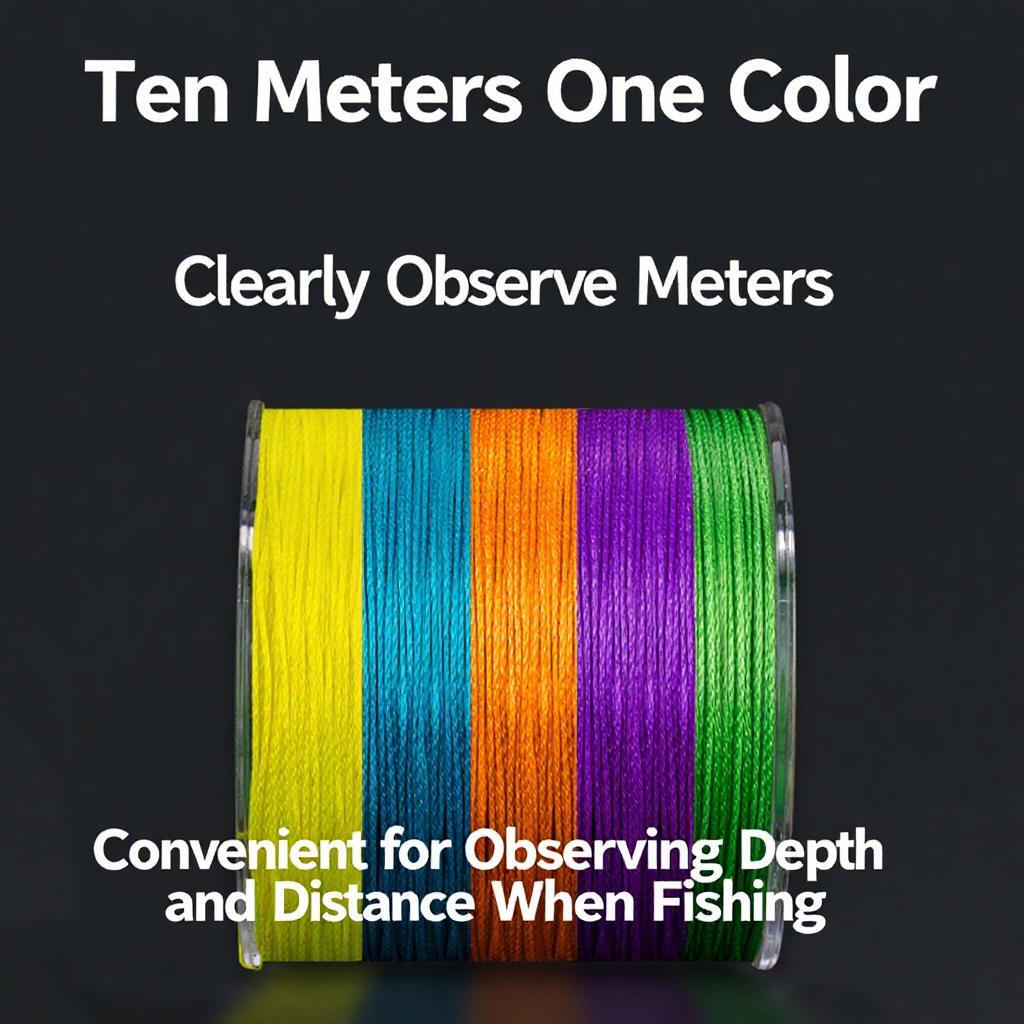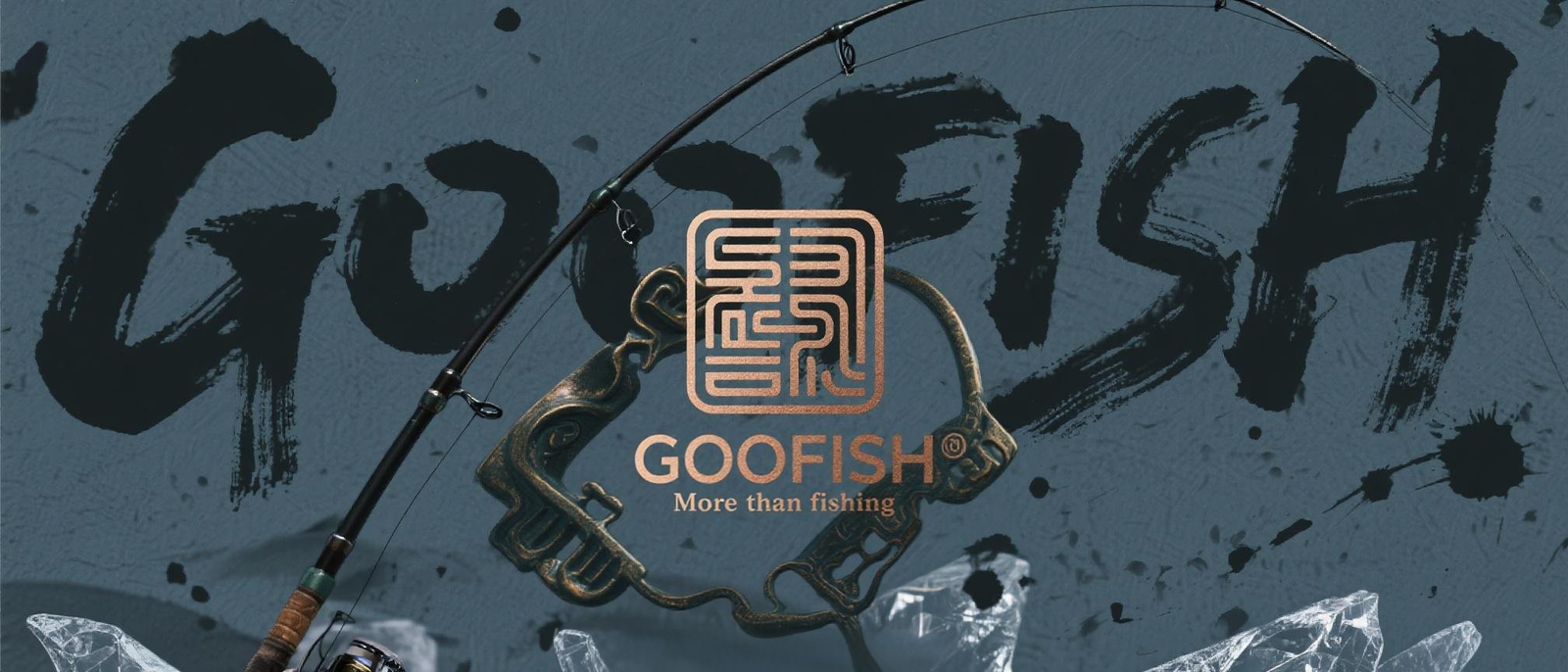**How to Choose the Right Fishing Line for Sea Fishing**
Selecting the right fishing line is critical for success in sea fishing. Below is a comprehensive guide covering material, thickness, and other key factors, synthesized from expert recommendations and practical insights:
#### **1. Material Selection**
- **Monofilament (Mono)**
- **Features**: Affordable, flexible, and easy to handle. Offers good shock absorption and knot strength.
- **Best For**: Beginners, general-purpose fishing, and trolling fishing in mild conditions .
- **Drawbacks**: Prone to UV degradation and memory issues over time.
- **Braided Line (Braid)**
- **Features**: Extremely strong, low-stretch, and abrasion-resistant. High sensitivity for detecting bites.
- **Best For**: Deep-sea fishing, rocky areas, and targeting large species like tuna or sharks .
- **Drawbacks**: Visible underwater; requires careful handling in windy conditions.
- **Fluorocarbon (Floro)**
- **Features**: Nearly invisible underwater, sinks quickly, and resists UV damage.
- **Best For**: Clear water, finesse techniques, and leader material .
- **Drawbacks**: Stiffer texture and higher cost compared to mono.
- **Wire Line**
- **Features**: Metal construction (stainless steel/titanium) to prevent bite-offs from toothy predators.
- **Best For**: Trolling, targeting sharks, or fishing in heavy cover .
- **Drawbacks**: Heavy and inflexible; limited to specific scenarios.
#### **2. Line Thickness (Diameter & Pound Test)**
- **Line Thickness Guide**:
- **Light Fishing (Panfish/Trout)**: 0.8–2 lb test (0.008–0.022 inches diameter).
- **Medium Fishing (Bass/Walleye)**: 8–15 lb test (0.012–0.025 inches).
- **Heavy Fishing (Tuna/Marlin)**: 20–50+ lb test (0.028–0.050 inches) .
- **Key Considerations**:
- Thinner lines cast farther and are less visible but risk breaking under heavy strain.
- Thicker lines offer durability but may spook fish in clear water.
#### **3. Environmental Factors**
- **Water Clarity**:
- Clear water: Fluorocarbon or clear monofilament to avoid detection .
- Murky water: Braided or green/brown monofilament for better visibility tolerance.
- **Depth & Pressure**:
- Deep-sea fishing: Braided line (high strength) paired with fluorocarbon leaders .
- Shallow reefs: Monofilament or fluorocarbon to reduce abrasion.
- **Temperature & Salinity**:
- Saltwater: Use corrosion-resistant lines (e.g., fluorocarbon or braided).
- Cold water: Braided lines maintain flexibility better than mono .
#### **4. Color Choices**
- **Clear/Blue Lines**: Ideal for clear water to remain stealthy.
- **Green/Brown Lines**: Blend with murky or vegetated environments.
- **Dark Colors (Black/Red)**: Effective at night or in low-light conditions .
#### **5. Specialized Lines for Target Species**
- **Lead Core Line**: Sinks rapidly for trolling pelagic species like mahi-mahi .
- **Shock Leaders**: Braided or wire leaders to handle aggressive strikes (e.g., marlin).
- **Fluorocarbon Leaders**: Attach to braided main lines for stealthy presentations .
#### **6. Maintenance Tips**
- **Inspect Regularly**: Check for nicks, fraying, or UV damage.
- **Rinse After Use**: Remove saltwater and debris to prolong lifespan.
- **Replace Annually**: Even high-quality lines degrade over time .
### **Example Scenarios**
1. **Offshore Tuna Fishing**:
- **Line**: 30–50 lb braided main line + 80 lb fluorocarbon leader.
- **Color**: Clear or blue for deep water.
2. **Inshore Reef Fishing**:
- **Line**: 15–20 lb fluorocarbon.
- **Color**: Green or brown for murky coastal waters.
3. **Night Fishing for Sharks**:
- **Line**: 50 lb braided + 100 lb steel leader.
- **Color**: Black for stealth.
By aligning line type, thickness, and environmental factors, anglers can optimize performance and increase catch rates. Always test lines under local conditions and adjust based on real-world feedback.











Leave a comment